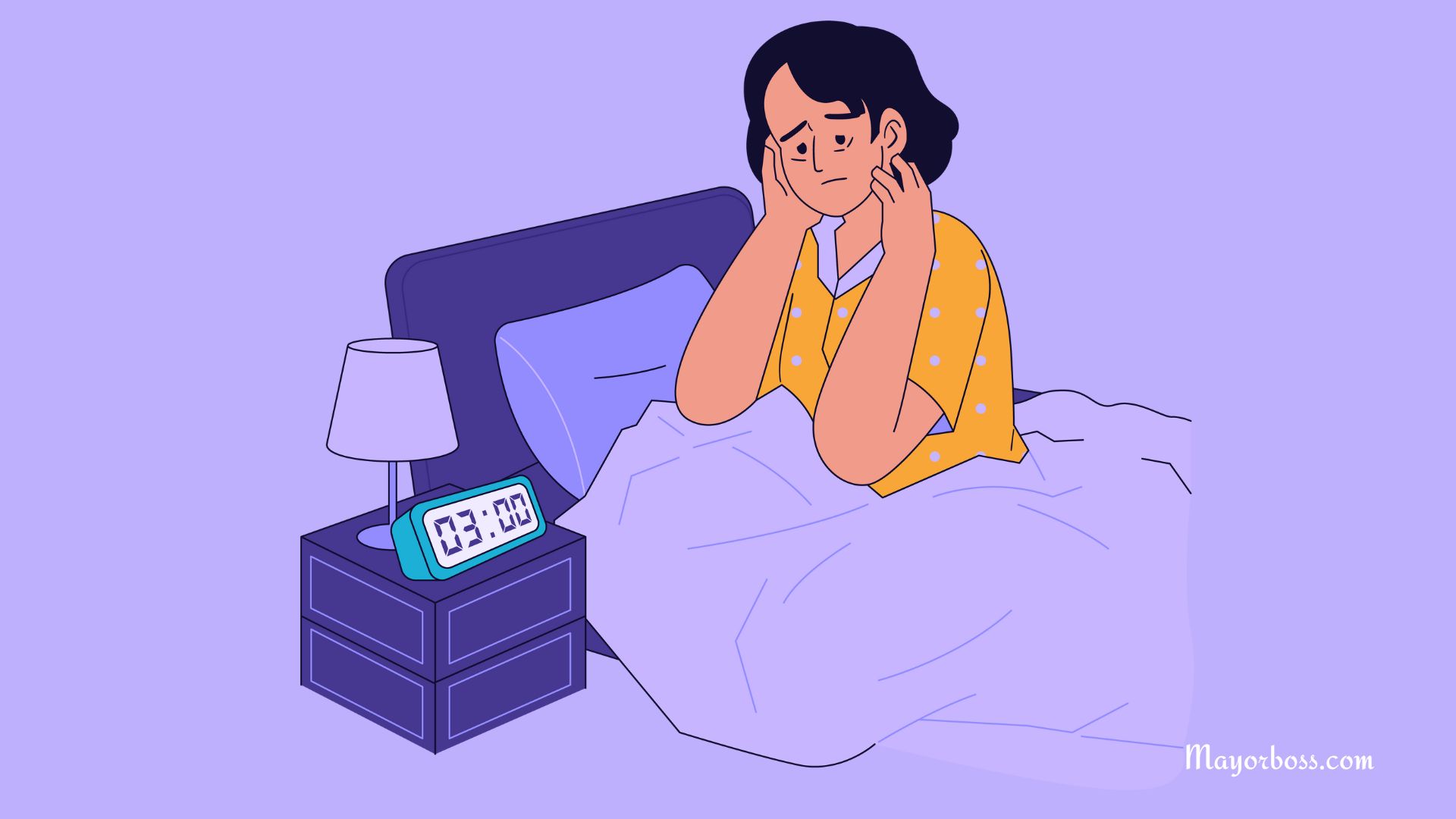Warning for Anyone with Persistent Back Pain
Back pain is an incredibly common issue. Most adults will experience at least one bout of back pain in their lives. While some cases are acute (short-term), others turn into a persistent, nagging problem that disrupts daily life. If you’re struggling with chronic back pain, it’s vital to understand the root causes, potential risks, and appropriate treatment options.

Understanding Persistent Back Pain
Persistent or chronic back pain is defined as back pain that lasts for 12 weeks or longer. Unlike acute pain that often resolves on its own, chronic back pain may require specific interventions to manage or improve. This type of pain can vary in intensity, from a dull, continuous ache to a sudden, sharp sensation that leaves you incapacitated.
Frequent Causes of Persistent Back Pain
- Degenerative Disc Disease: The discs between your vertebrae act as shock absorbers. With age, they can wear down, leading to pain and stiffness.
- Arthritis: Osteoarthritis and other inflammatory forms of arthritis can affect the spine, causing pain and limiting mobility.
- Spinal Stenosis: Narrowing of the spinal canal, putting pressure on nerves and causing pain, numbness, or tingling that may radiate to the legs.
- Injuries: Strains, sprains, or fractures from accidents or heavy lifting can lead to ongoing pain if not properly healed.
- Poor Posture: Slouching or hunching over can strain back muscles and ligaments over time.
The Dangers of Ignoring Persistent Back Pain
Ignoring persistent back pain can have significant consequences, including:
- Worsening Pain: The underlying cause may progress, making the pain worse and harder to treat.
- Decreased Mobility: Pain can limit your ability to move, leading to muscle weakness, stiffness, and increased risk of falls.
- Mental Health Impacts: Chronic pain often leads to depression, anxiety, and sleep problems.
- Disability: In severe cases, untreated chronic back pain can lead to disability, affecting your ability to work and engage in daily activities.
When to Seek Medical Help
Don’t wait if you experience any of the following alongside your persistent back pain:
- Severe pain that doesn’t improve with rest
- Numbness or tingling in your legs
- Loss of bladder or bowel control
- Fever
- Unexplained weight loss
Treatment Options for Persistent Back Pain
Treatment for persistent back pain often involves a combination of approaches:
- Physical Therapy: Targeted exercises to strengthen core muscles, improve flexibility, and correct posture can make a significant difference.
- Medication: Over-the-counter pain relievers, muscle relaxants, or prescription medications may be necessary to manage pain in the short or longer term.
- Injections: Steroid injections can provide temporary pain relief and reduce inflammation.
- Mind-Body Therapies: Yoga, mindfulness, or cognitive behavioral therapy (CBT) help manage pain perception and improve coping mechanisms.
- Surgery: In some cases, surgery is needed to correct severe structural problems.
Self-Care Strategies for Managing Back Pain
Alongside professional treatments, these tips can help you take control:
- Stay Active: Low-impact exercise like walking or swimming is usually beneficial. Check with your doctor for the right exercise program.
- Maintain a Healthy Weight: Extra weight puts more stress on your back.
- Practice Good Posture: Sit and stand with proper alignment to reduce strain.
- Heat and Cold Therapy: Apply heat or ice packs to ease pain and inflammation.
- Stress Management: Techniques like deep breathing or meditation can help reduce pain sensitivity.
Frequently Asked Questions (FAQs)
1. Can persistent back pain go away on its own?
It depends on the cause. Some minor cases might be resolved with rest and self-care. However, if there’s an underlying condition, it’s unlikely to improve without specific treatment.
2. How long does it take for persistent back pain to heal?
Healing time varies depending on the cause, severity, and treatment. It can range from a few weeks to several months or more.
3. Can I prevent back pain?
While not always possible, you can lower your risk by maintaining a healthy weight, practicing good posture, exercising regularly, and lifting objects with proper form.
Don’t let persistent back pain control your life. By seeking appropriate help and actively managing your condition, you can significantly improve your quality of life.






